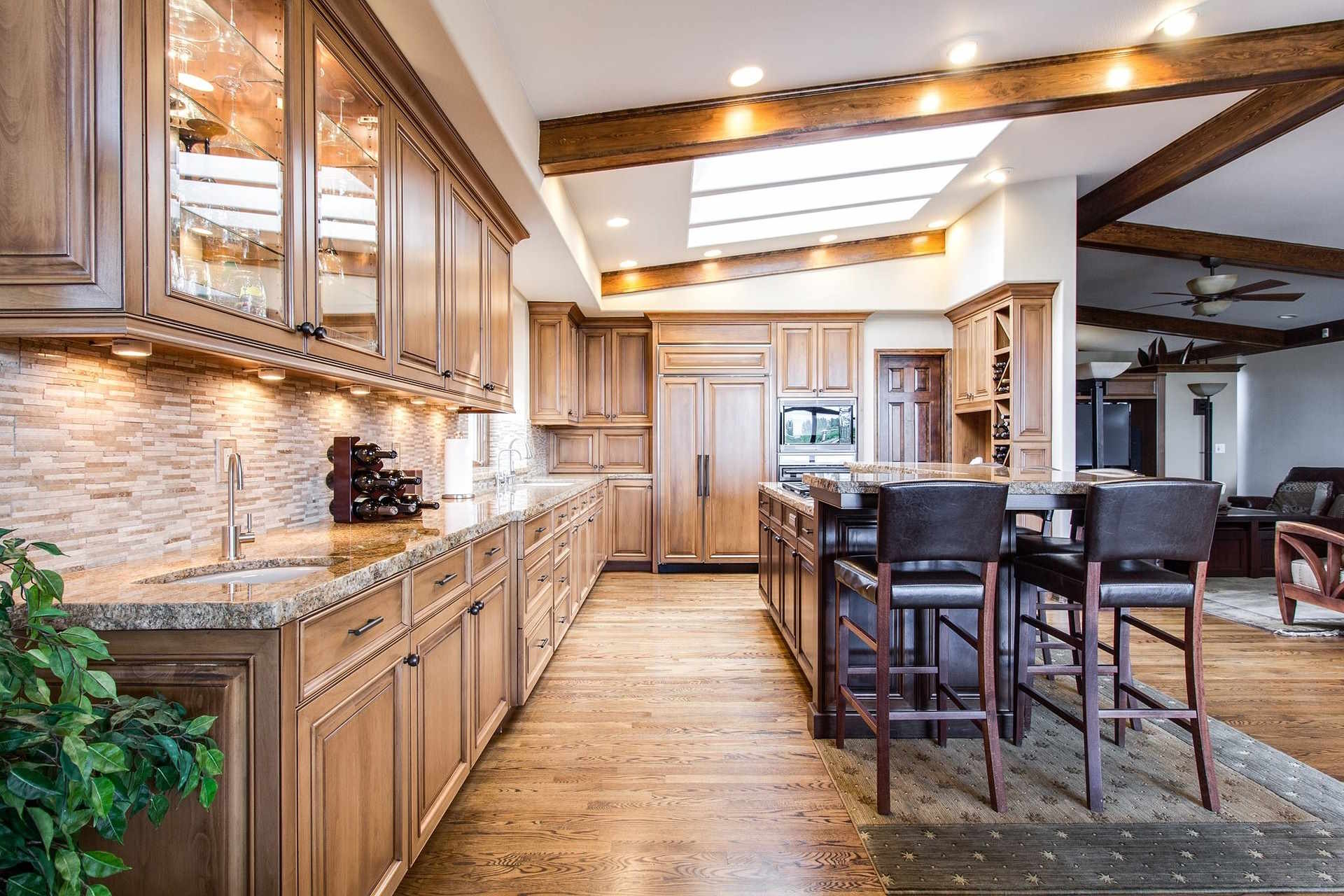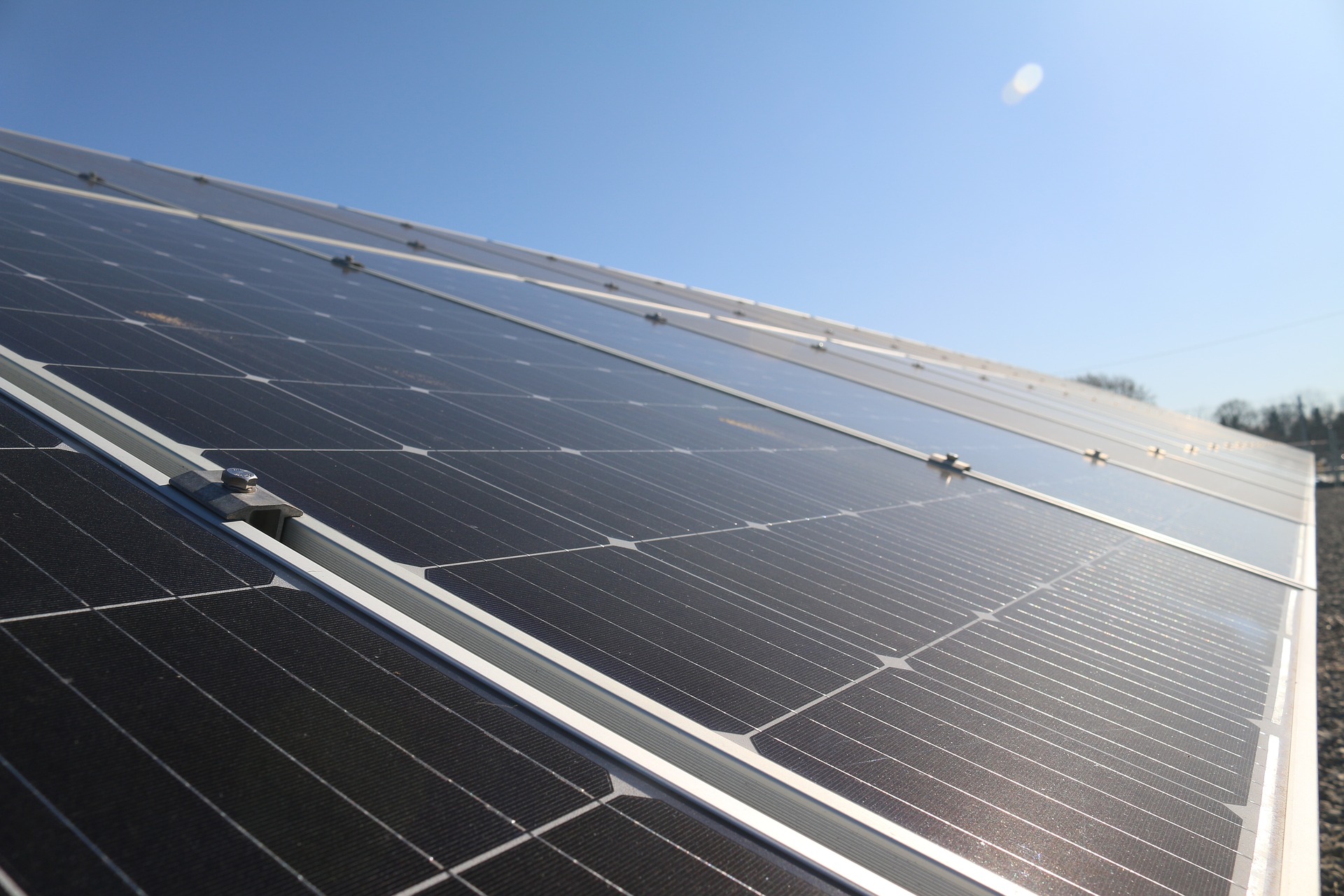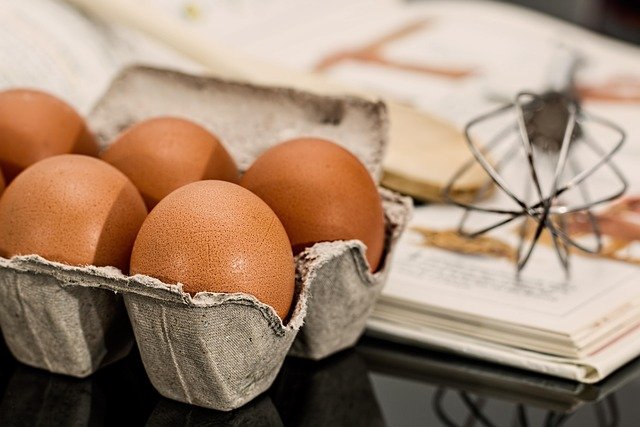Modern Kitchens 2025 – Styles, Costs & Inspirations
Kitchen design continues to evolve with advancing technology, changing lifestyles, and innovative materials. As we look toward 2025, modern kitchen trends are emphasizing functionality, sustainability, and personalized aesthetics that reflect homeowners' unique preferences. Whether you're planning a complete kitchen renovation or a targeted update, understanding emerging design directions and practical considerations can help you create a space that remains relevant for years to come.

Kitchen Design Trends for 2025
The modern kitchen of 2025 is moving beyond the all-white minimalist aesthetic that dominated previous years. Design forecasts show increased interest in warm, organic materials balanced with high-tech functionality. Natural wood elements are returning to cabinetry and countertops, often paired with matte black or bronze hardware for contrast. Statement lighting fixtures serve as focal points, while hidden lighting systems provide ambiance and task illumination. Smart kitchen features continue to integrate seamlessly into designs, with voice-activated appliances, touchless faucets, and countertop charging stations becoming standard rather than luxury additions.
Sustainable Kitchen Renovation Options
Sustainability is no longer an afterthought but a central consideration in kitchen remodeling. Eco-friendly materials such as bamboo, reclaimed wood, and recycled glass countertops are gaining popularity for their reduced environmental impact. Energy-efficient appliances now come in more stylish designs, eliminating the need to choose between functionality and aesthetics. Water-saving fixtures, including low-flow faucets with precise spray patterns, help reduce resource consumption while providing excellent performance. Many homeowners are also incorporating composting systems and recycling centers directly into their kitchen designs, making sustainable living more convenient.
Finding Quality Kitchen Refurbishment Services in Your Area
When searching for kitchen renovation professionals in your local area, thorough research is essential. Start by creating a list of contractors who specialize in kitchens rather than general construction firms. Check credentials, including proper licensing and insurance, before scheduling consultations. Review portfolios to ensure their design aesthetic matches your vision and ask about their experience with projects similar to yours. Personal recommendations often provide valuable insights, so reach out to friends or neighbors who have recently completed kitchen renovations. Professional associations can also help connect you with reputable contractors who adhere to industry standards and best practices.
Kitchen Remodel Cost Breakdown
Understanding the financial aspects of kitchen remodeling helps establish realistic expectations and appropriate budgeting. Kitchen renovation costs vary significantly based on project scope, materials selected, and labor requirements in your region. A minor kitchen update focusing on cosmetic improvements might involve replacing cabinet fronts, installing new countertops, and updating fixtures. Major renovations typically include reconfiguring layouts, upgrading plumbing and electrical systems, and installing premium appliances and custom cabinetry.
Comparing Kitchen Renovation Costs by Project Scope
| Project Scope | Average Cost Range | Typical Elements Included |
|---|---|---|
| Minor Update | £7,000 - £15,000 | New countertops, cabinet refacing, updated fixtures, fresh paint |
| Mid-Range Renovation | £15,000 - £35,000 | New semi-custom cabinets, quality appliances, improved lighting, flooring replacement |
| Major Renovation | £35,000 - £75,000 | Layout changes, premium appliances, custom cabinetry, high-end materials |
| Luxury Remodel | £75,000+ | Architectural changes, luxury appliances, designer features, smart technology integration |
Prices, rates, or cost estimates mentioned in this article are based on the latest available information but may change over time. Independent research is advised before making financial decisions.
Space-Maximizing Solutions for Modern Kitchens
Efficient use of space distinguishes truly exceptional kitchen designs, particularly in urban homes with limited square footage. Pull-out pantries, corner cabinet solutions with rotating shelves, and drawer dividers help maximize storage capacity while maintaining accessibility. Vertical storage elements, including ceiling-mounted pot racks and full-height cabinetry, utilize often-overlooked spaces. For smaller kitchens, multifunctional islands with built-in appliances, seating, and storage consolidate several features into one footprint. Designers increasingly focus on creating dedicated zones for specific activities—cooking, cleaning, food preparation, and entertaining—to improve workflow even in compact spaces.
Personalized Kitchen Design Elements
Modern kitchens are becoming highly personalized spaces that reflect homeowners’ identities and lifestyle needs. Mixed material approaches combine contrasting textures like wood, stone, metal, and glass to create visual interest and tactile appeal. Statement backsplashes using bold patterns, artistic tiles, or continuous slabs serve as focal points. Color trends are moving toward nature-inspired palettes featuring rich greens, warm terracottas, and deep blues as accents against neutral backgrounds. Open shelving displays curated collections while breaking up the uniformity of closed cabinetry. Even small details like cabinet hardware and fixture finishes provide opportunities for customization that can be updated as preferences change.
Kitchen remodeling represents a significant investment in your home’s functionality, value, and your quality of daily life. By understanding current design directions, sustainable options, and realistic cost expectations, you can approach your renovation project with confidence and create a kitchen that balances contemporary style with timeless appeal.




